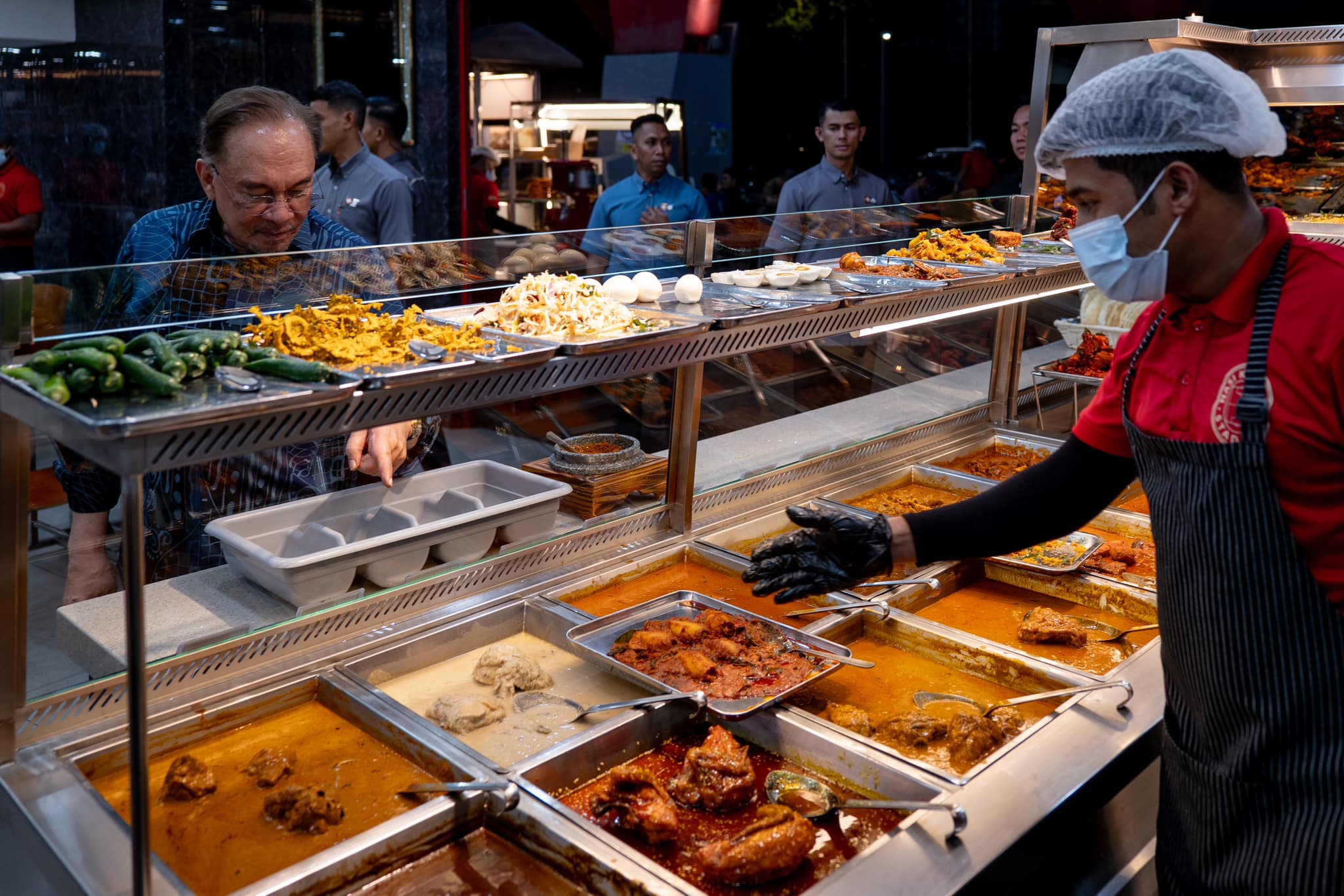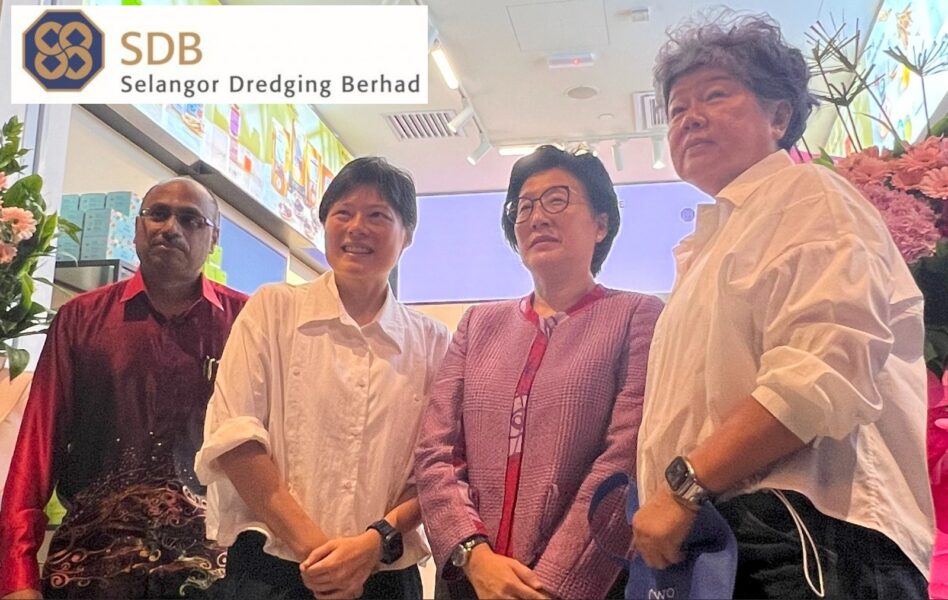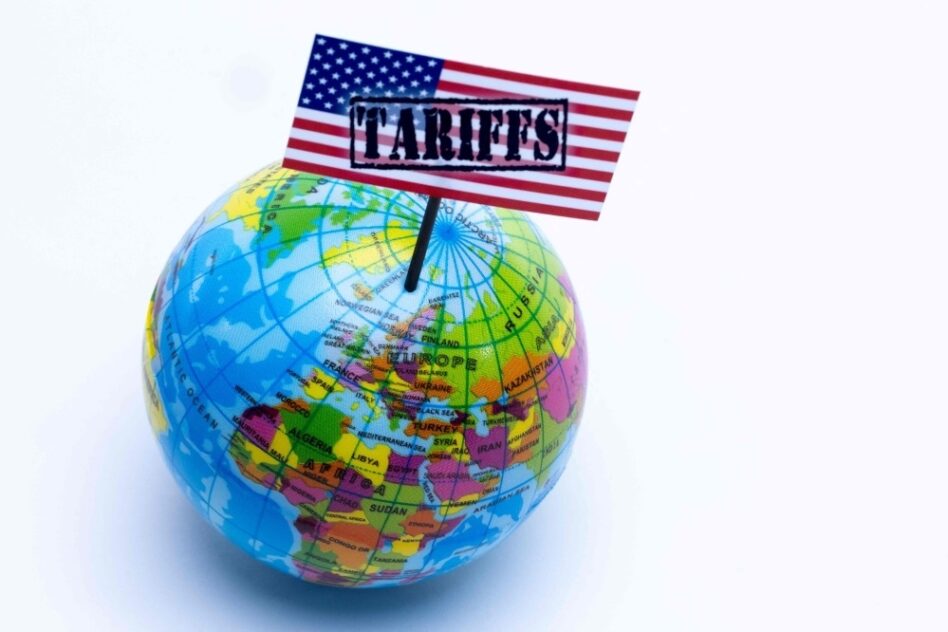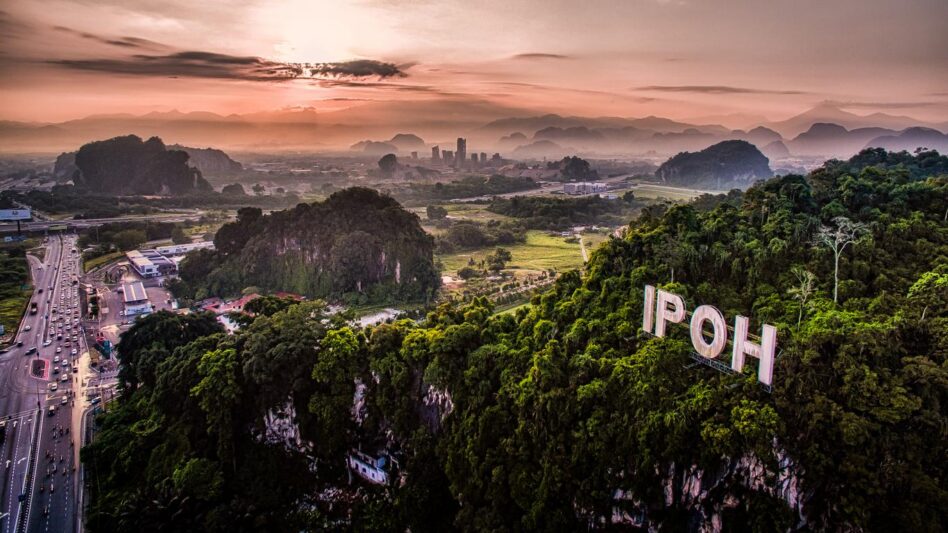THE earlier prime ministers (PMs) of Malaysia never made grand promises to overhaul the political, economic and social systems.
Yet, the country descended into various crises under their administrations. The root cause of these issues lay in how UMNO exploited the system to benefit its elites – a problem that persists today in more insidious ways under the much-celebrated Madani government.
No other PM has used the rhetoric of reform as a platform to rise to power as extensively as the current PM Datuk Seri Anwar Ibrahim.
A sycophant DAP MP even went as far as likening him to Mahatma Gandhi or Nelson Mandela.
Anwar, however, has not distanced himself from these lofty comparisons despite the obvious disparity.
Before ascending to power, the Pakatan Harapan (PH) chairman was seen as a leader who could transform the nation through bold reforms.
Malaysians believed they had finally found someone willing to tackle the entrenched political and economic malaise.
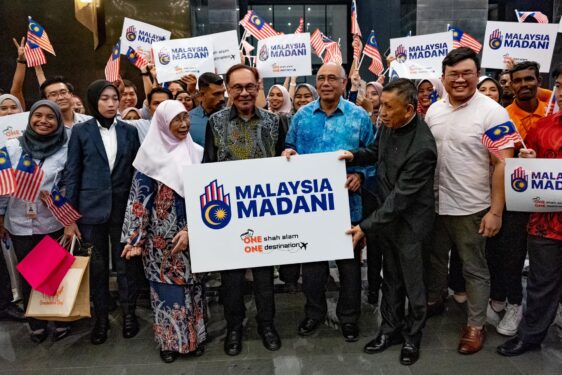
Hollow reform agenda
Two years after his rise, however, the central question remains: where are the much-promised reforms?
Anwar became PM through a broad-based coalition – the unity government – comprising his PH coalition, Barisan Nasional (BN) and political parties from Sabah and Sarawak.
He secured the parliamentary majority needed to convince the Agong, a feat his rival Perikatan Nasional (PN) could not achieve.
But two years on, it is evident that reforms – once the hallmark of PH in opposition – have been sidelined. What few incremental changes exist are exaggerated as reformative progress but substantive change remains elusive. Why?
Historically, Anwar built his political brand on opposing Tun Dr Mahathir Mohamad and rallying support for reform.
However, his commitment to reform appears hollow, serving primarily as a vehicle to achieve his ambition of becoming prime minister.
The past two years have seen further deterioration in Malaysia’s political and economic systems.
Corruption remains a major issue. Instead of eradicating graft, the Madani government appears to tolerate it by dropping high-profile court cases against UMNO elites such as Datuk Seri Ahmad Zahid Hamidi, former Sabah chief minister Tun Musa Aman and even Datuk Seri Rosmah Mansor, wife of incarcerated former premier Datuk Seri Najib Razak.
These decisions signal that Anwar prioritises political survival over justice. Why protect UMNO leaders with well-documented allegations of corruption?
Combating corruption and financial malfeasance was supposed to be central to Anwar’s reform agenda. Instead, his administration continues the status quo, offering rhetoric without tangible action.
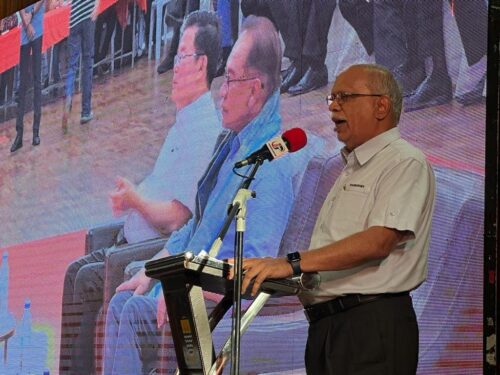
Glaring inconsistency
Is Anwar any different from his predecessors? The answer is no. The key difference is that the others never promised reform in the first place.
The failure to address corruption is deeply troubling to Malaysians. Instead of defeating it, corruption is resurging.
Anwar’s obsession with remaining in power has led to a reluctance to act against corrupt allies whose political support he needs. Without them, his government’s stability hangs in the balance.
Even serious allegations of corruption related to mining in Sabah have been brushed aside for political expediency.
The DAP – once vocal in its criticism of corruption – has now fallen silent, prioritising its place in the ruling coalition over its principles.
Anwar’s inconsistency is glaring. He once condemned the legal system for dropping charges against Musa yet later congratulated him on his appointment as Sabah’s governor.
This hypocrisy epitomises the compromises made for political survival. Rather than transcending the politics of race and religion, Anwar appears trapped in their divisive logic by leveraging them to maintain power rather than to unite the nation.
Despite his philosophical rhetoric, his actions reinforce the very divisions he claims to oppose.
In conclusion, reformasi – the clarion call for sweeping reform – has devolved into reformati, a hollow promise used to perpetuate the status quo.
Malaysians who hoped for transformative change under their PMX are left disillusioned as reform takes a backseat to political expediency. – Dec 20, 2024
Former DAP stalwart and Penang chief minister II Prof Ramasamy Palanisamy is chairman of the United Rights of Malaysian Party (Urimai) interim council.
The views expressed are solely of the author and do not necessarily reflect those of Focus Malaysia.
Image credit: Anwar Ibrahim/Facebook


